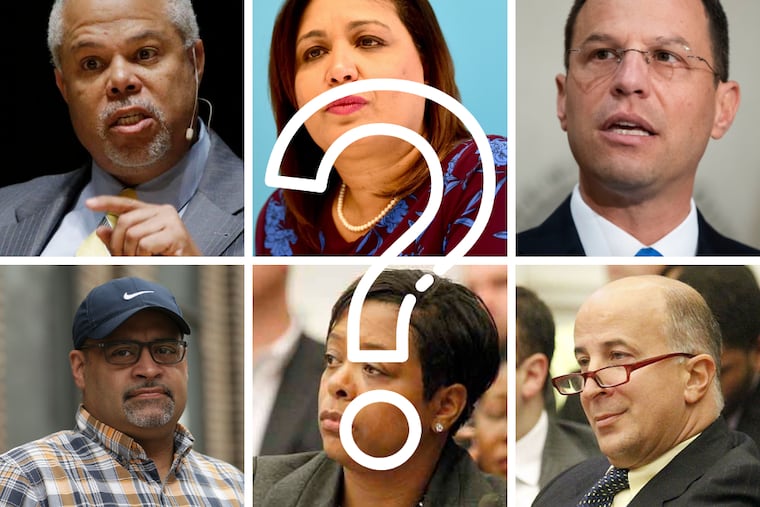Supervised injection site hearing brought clarity. How come our most skeptical politicians didn’t show up? | Editorial
Elected officials who have raised questions and concerns about supervised injection sites did not make the effort to come to the hearing.

The eyes of public health professionals and advocates all over the country were on Philadelphia on Monday during the first hearing in U.S. v. Safehouse. The case, which originated in February when U.S. Attorney William M. McSwain sued to stop a nonprofit from being able to open a supervised injection site, has the potential of determining the legality of such sites in the United States. The evidentiary hearing focused on how Safehouse would operate a supervised injection site were the court to allow one to open. As a testament to the importance of the case, McSwain himself was in court to examine Safehouse’s president, Jose Benitez.
The hearing was a master class in the physiology and treatment of opioid use disorder, and how harm reduction measures such as syringe exchanges and supervised injection sites actually operate. It was a worthy lesson for anyone who is invested in saving lives in Philadelphia, regardless of opinion about a supervised injection site.
And yet, elected officials who have raised questions and concerns about supervised injection sites did not make the effort to go to the hearing.
In fact, not one of Philadelphia’s 17 members of City Council went to federal court to learn how Safehouse might operate a site if one were to open — even though members such as Mark Squilla and María Quiñones-Sánchez (who both represent the Kensington-Harrowgate area) and Cindy Bass (who chairs Council’s Public Health and Human Services Committee) have been vocal in their concerns.
That is especially frustrating considering that Philadelphians are dying of drug overdose at a rate of three every day. Council is on its three-month summer break.
Others who weren’t in the room were State Sens. Angel Cruz and Anthony Hardy Williams, who, while running for Council and mayor, respectively, protested the idea of a supervised injection site.
Josh Shapiro, the chief law enforcement officer in the commonwealth, also didn’t make the trip to the Eastern District of Pennsylvania courtroom, even though detractors of supervised injection sites have used his statements in the past to strengthen their opposition.
Had these elected officials come to the courtroom, they would have heard definitive answers to a lot of the questions — rhetorical or otherwise — they themselves have raised. For example, if someone seems to be a minor or pregnant, Safehouse staff will take them aside and refer them to the appropriate services, not to the consumption room. They would have also heard Benitez say that there are no plans to advertise the site, and that without the court’s blessing, Safehouse will not open shop.
More than 100 supervised injection sites around the world show that they save lives and do not increase crime or drug use. Oral arguments are scheduled for September. Hopefully, the court will give Safehouse authority to open a site soon thereafter. If and when it does, no elected official should stand as a barrier to opening a site under the guise that there are unanswered questions. If they really wanted answers, they would have showed up in court.